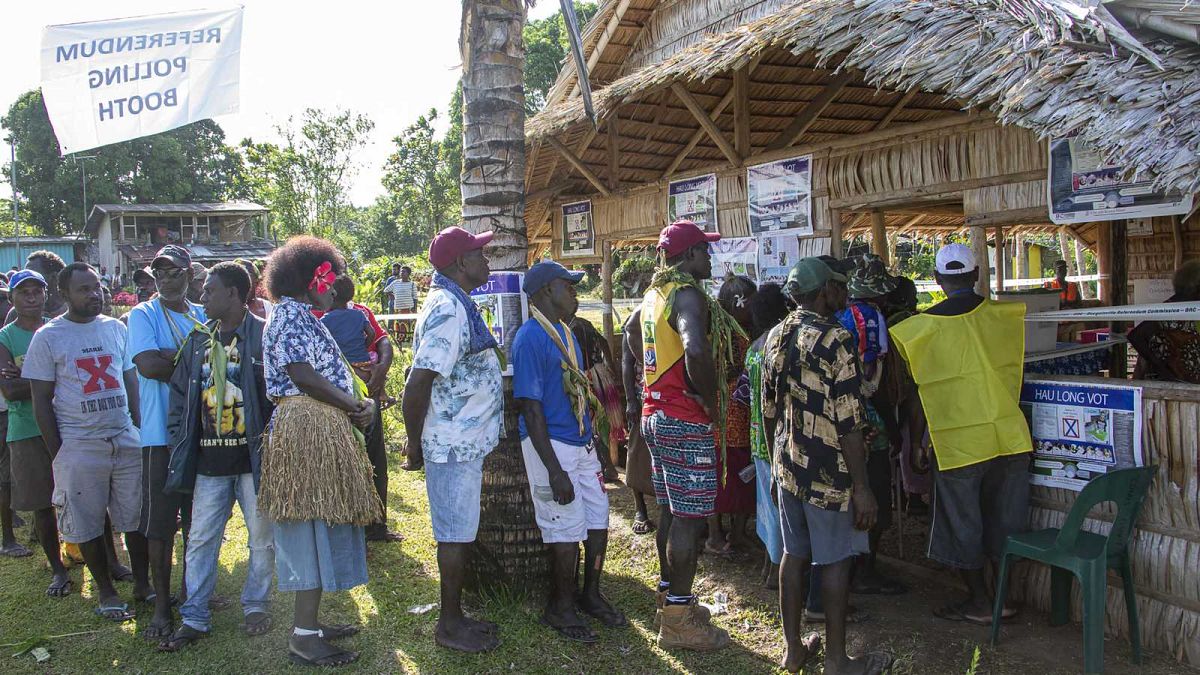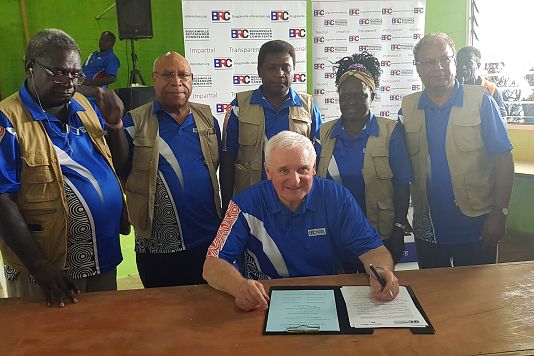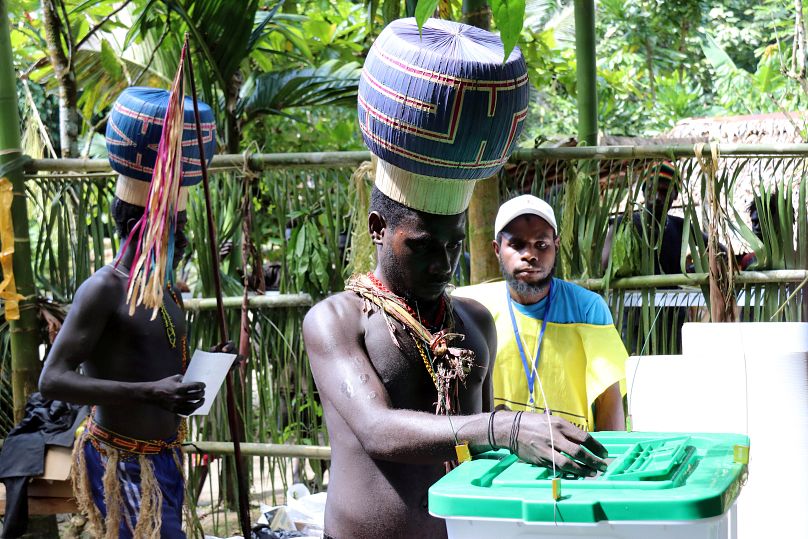They were 97,7% to vote in favour of the independence's island
Bougainville, a small island belonging to Papua New Guinea in the South Pacific, has taken a major decision. They just voted 97.7% to vote in favour of independence.
On the second biggest island of the archipelago, Buka, referendum commission chairman and former Irish Prime Minister Bertie Ahern revealed the results.
"Now, we feel liberated, psychologically at least", President of the autonomous region John Momis said. Nurse Alexia Baria congratulated herself, bursting in tears of happiness: "This is the moment we've been waiting for."
Out of the 180,000 people who made it to the polls between November 23rd and December, 7th, 2019, they were more than 176,000 Bougainvilleans expressing the wish to leave Papua New Guinea. Only 3,000 were in favour of a bigger self-governance. The ballot went without any noteworthy incident, according to Bougainville Referendum Commission.
In New York, UN General Secretary Antonio Guterres applauded the "successful organisation of the referendum" and praised authorities and the electorate "for their dedication and peaceful behaving throughout the process". He has called on all parties to ensure that the follow-up will be "inclusive and constructive". Bougainville could become the 194th member of the United Nations as well as the "youngest" country in the world, since the independence of South Sudan in 2011.
A long process now awaits Bougainville
To gain autonomy, there still are two stages to go through for Bougainville. The first one lies in negotiating between the governments of the autonomous region and that of Papua New Guinea. Then, if successful, the ratification by the Papuan Parliament in Port Moresby, the capital of the country, can occur. However, many elected officials are fiercely opposed to this independence, fearing a contagion effect across a country composed of several hundred ethnic groups.
Ahern urged all parties to validate the outcome of the consultation. This vote was for "your peace, your history and your future" he said, and has demonstrated "the power of the pen against weapons".
A long colonial past
The island owes its name to the French navigator Louis-Antoine Bougainville (1729-1811) who explored it in 1768. Since then, the colonial heritage has continued to grow. After a short German control between March 1942 and November 1943, Bougainville was placed by the United Nations under Australian guardianship in 1947. Then in 1975, leaving the remit of Australia, Bougainville became a province of Papua New Guinea with an autonomous government.


